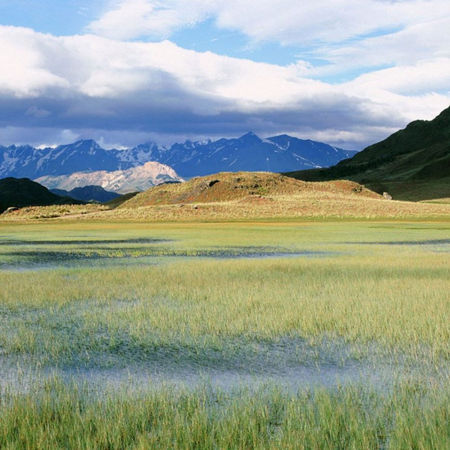
Chile
Meet a land of extreme as diverse landscapes unfurl over a 4300 km stretch: parched dunes, fertile valleys, volcanoes, ancient forests, massive glaciers and fjords. Rich reds, crisp whites and floral rosés, enjoy Chilean wine culture, leisure of overlapping conversations with uncorking, and the gaze that's met at the clink of two glasses.
Destination in a Nutshell
756,950 km²
Area
19.12 million
Populations
Santiago
Capital
Quick Facts
Approximately one-third of the population lives in Santiago.
Chile is one of the longest countries in the world with around 2,900 volcanoes.
Easter Island isn’t close to the rest of Chile.
The Atacama Desert is one of the driest deserts in the world.
Chile is the seventh-largest wine producer in the world.
There are six UNESCO World Heritage Sites in Chile.
Currency: Chilean Peso
Language: Spanish
Time zone: GMT -4
Best Time to Visit:
Shoulder Season: September to November and March to May
These months are the best time to visit Santiago, temperature wise.
The Lakes District is pleasant from September to November and April brings the blazing colours of fall foliage in the south. Wine country has grape harvests and wine festivals in March.
High Season: November to February
Summer months are best for visiting Chile. Patagonia is at its best from December to February and the beaches throng with crowds from late December through January.
This is the most expensive time to travel as it's Chile’s high season.
Low Season: June to August
Best time for Snow Sports such as skiing as the snow is abundant. This is also a good time to visit the north when the tourists slim out a little.
There are only dew services on the Carretera Austral, particularly as mountain passes can be blocked by snow.
Encounters





